St Andrew’s is a Rights Respecting School (RRS)
Our vision is to bring children to a place where they can realise their full potential. Our Christian values are the foundation of all we do and each one is a facet of the central value, love, which ‘always protects, always trusts, always hopes, always perseveres.’
(1 Corinthians 13:7)
Learning starts with the views and ideas of the child (Article 12), allowing them to be free to express their thoughts and opinions (Article 13)
St. Andrew’s Primary School Curriculum and Assessment
Our Curriculum
The following information details the principles of the curriculum we follow in school. The statutory primary curriculum sets out what children should achieve by year group. For more information about the specific curriculum your child’s year group are following, please see the curriculum maps at the top of the page.
St Andrew’s Curriculum Intent
The aim of our curriculum is to engage children in memorable learning experiences which encourage and support them on their journey to realise their full potential. We want to establish a sense of belonging to the school and community with an ability to respect the rights of, and be inclusive of, others.
How we Assess progress
Teachers at St. Andrew’s assess children all the time. They constantly consider how well children have understood their learning and what their next steps will be. Teachers use assessment grids to assess reading, writing and maths.
They assess SPaG (spelling, punctuation and grammar) with online tests. As part of good classroom practice they talk to the children about their next steps so that they know how to improve. Teachers submit a teacher assessment for each child four times a year and children’s progress is discussed at pupil progress meetings with school leaders (4 times annually).
Children’s attainment and progress will be shared with parents and carers at parents’ evening in the autumn and spring term. A report card is produced in the spring followed by a written report in the summer term.
Assessment Bands
|
Emerging |
Expected |
Exceeding |
|
This means children are working on outcomes towards age related expectations. |
This means children are working on outcomes at age related expectations. |
This means children are working on outcomes above age related expectations. |
St Andrew’s Curriculum Implementation
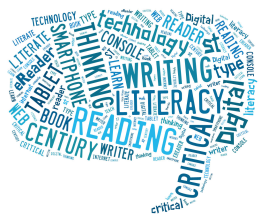 English
English
- Reading and comprehending a range of texts across the whole curriculum
- Writing with fluency – producing work which interests the reader
- Presenting to others within and beyond the classroom
- Exploring stories and ideas through discussion and drama
 Mathematics
Mathematics
- Learning number facts fluently
- Calculating, reasoning and problem solving
- Understanding the relationship between different areas of calculation
- Making links within maths
 Science
Science
- Modelling and encouraging use of appropriate and accurate scientific vocabulary in relation to area of study
- Allowing plentiful child-led investigations where the pupils investigate answers to both their own and given questions
- Inspiring and exciting by teaching, visits and/or visitors demonstrating scientific experiments
- Learning about key areas of chemistry, biology and physics
- Making predictions using prior knowledge and analyse results of investigations
- Exposing to relevant real-life examples of scientific theories where possible to deepen understanding
 Computing
Computing
- Being taught the importance of Internet Safety and demonstrating how to use the technology safely and respectfully.
- Enhancing digital skills by embedding the use of technology in a cross-curricular way and giving a purpose to the learning.
- Regularly using the Microsoft apps and a variety of immersive technology, to build future ready skills.
 Art
Art
- Learning about the work of famous artists and their styles
- Using cross-curriculum links to stimulate creative exploration
- Experiencing different art/crafts through visiting artists and visits to ‘arts’ centres (galleries/theatres/museums)
- Exploring art methods through different media, materials and techniques
 Design and Technology
Design and Technology
- Designing purposeful and appealing products and prototypes
- Understanding which tools and equipment to use to perform practical tasks
- Evaluating and investigating a range of different products and their own ideas
- Exploring different structures and mechanisms
- Applying an understanding of computing to program, monitor and control products
- Understanding the principles of a healthy diet to prepare dishes using a range of cooking techniques
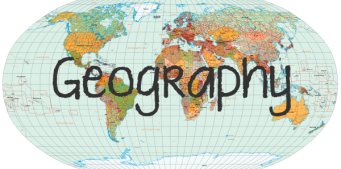 Geography
Geography
- Learning about the connections between their own lives and the lives of others
- Fostering a sense of responsibility for the environment and for the sustainable use of resources
- Exploring and challenging stereotypes of people and places
- Experiencing different regions through visitors and the use of IT and high quality resources
 History
History
- Learning about a range of historical periods, events and people
- Experiencing different historical periods, events and people through visitors and visits
- Exploring history through a range of high-quality sources
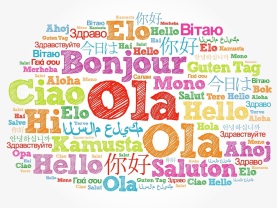 Languages
Languages
- Listening in the foreign language
- Reading in the foreign language
- Writing in the foreign language
- Speaking in the foreign language
 PE
PE
- Exploring a range of sports
- Learning why exercise is important for the mind and body
- Experiencing different sports through visitors and visits
- Developing a range of skills and techniques
 Music
Music
- Providing children with a breadth and range of musical experiences
- Plentiful opportunities for children to Increase confidence, sensitivity and creativity in their music making
.jpg) RE
RE
- Learning about a range of faiths
- Applying learning from a range of faiths to own lives
- Experiencing different religions through visitors and visits
- Exploring faith through a range of high quality sources
 PSHE
PSHE
- Tailoring units of work to needs specific to individuals and classes
- Promoting skills in reflection through healthy and open discussion of sensitive subject matter
 Growth Mindset
Growth Mindset
- Raising awareness of the skills required of the learner; learning to learn
- Understanding of the most recent brain science and the implementations of this on learning
- Exploring learning skills and attitudes and how these skills can be developed and applied
- Implementing imagination and reasoning when exploring values, assumptions and vital concepts like justice, truth, knowledge and beauty
 Global Learning
Global Learning
- Learning about the rights of every child set out in the UNCRC and how these should be respected and implemented
- Experiencing different cultures through our link schools in The Gambia and South Africa, visitors and the curriculum
- Exploring Fairtrade and its impact on the rights of children and their families globally
- Taking part in campaigns to promote their rights and the rights of others
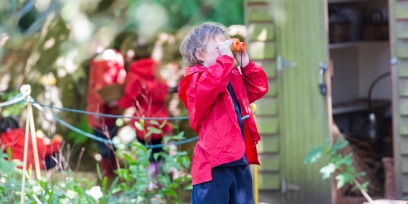 Outdoor Learning
Outdoor Learning
- Fostering a sense of responsibility for the environment and for the sustainable use of resources
- Exploring and challenging the process of learning
- Experiencing different regions through visitors and the use of IT and high quality resources
 Collective Worship
Collective Worship
- Collective Worship happens in a variety of group sizes allowing children to experience different styles and to express their own spirituality in different ways
- Prayer takes a central role using words that are inclusive but not coercive
- We indicate clearly to all present when worship begins and ends using a variety of strategies, for example: music, silence
- Leaders from faiths in the local area are invited to contribute
Impact of St Andrew’s Curriculum
Children succeed in their learning, no matter their starting point and develop a life-long love of learning. They are resilient, feeling confident and safe to take risks while making meaningful, positive relationships, with both adults and children.
For more information about our school curriculum, look at the individual class pages for termly information.
St Andrew's Curriculum
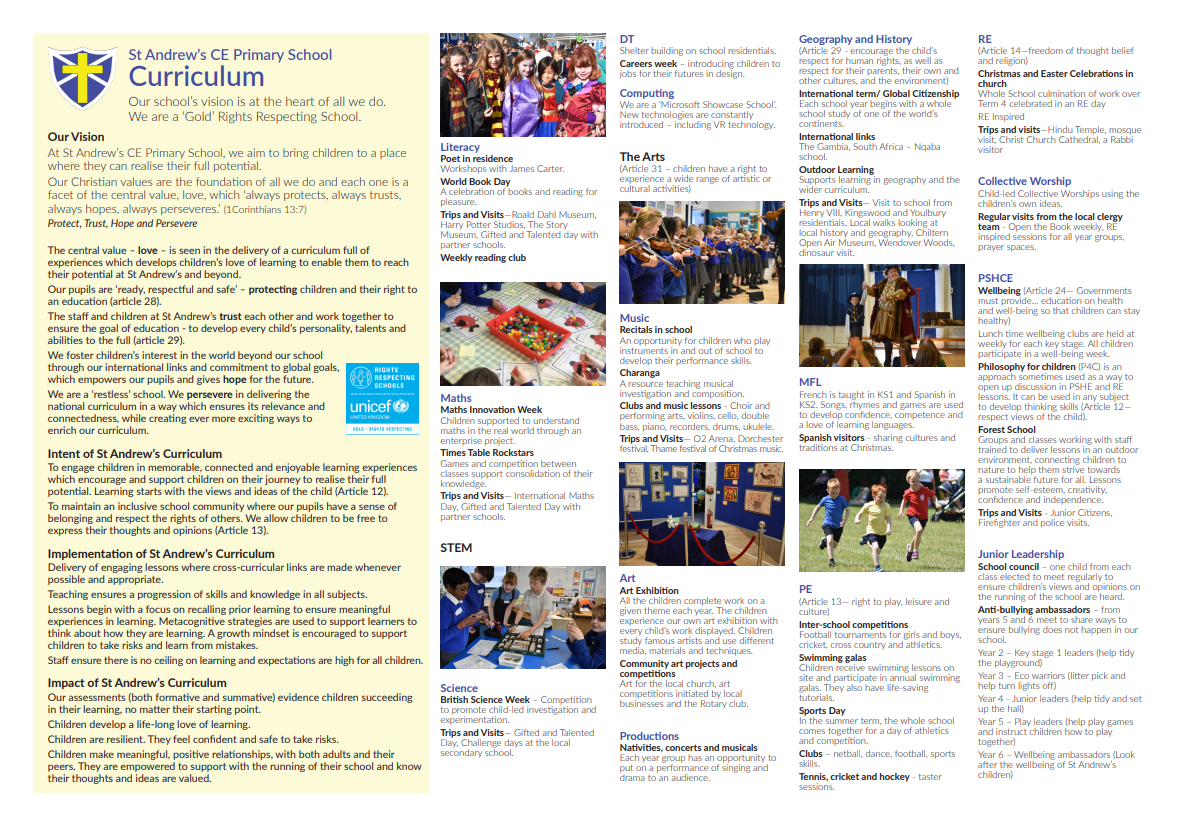

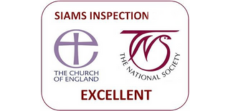
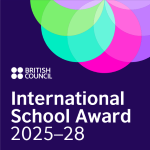
.png)
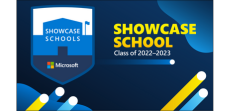
.png)
.png)
.png)
.png)
.png)
.png)